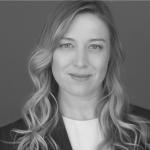Tuesday, February 7, 2023
2:00pm - 3:30pm
Hybrid Event
Dodd Center for Human Rights - Room 162 & Zoom
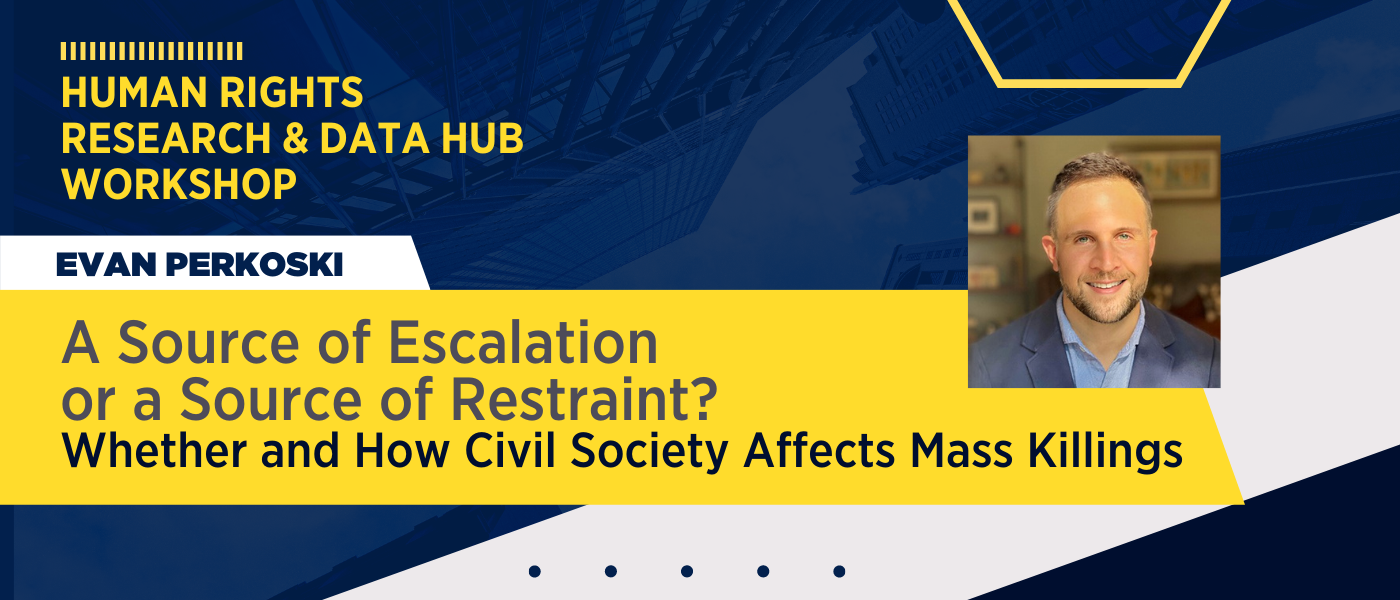
About This Event
In this Human Rights Research and Data Hub Workshop, Dr. Evan Perkoski will present his research on state-led mass killings. Why do some state-led mass killings end quickly while others endure for over a decade? And why do some states murder millions of constituents during the course of mass killings, whereas other states seem to retreat from the brink after killing hundreds? A large body of work has focused on the important role played by civil society and non-governmental actors in initiating different forms of rescue, evasion, and assistance in the midst of different cases of mass killings, as well as the political pressure they have applied in bringing about the ends of civil conflicts. Despite many inspiring and hopeful cases of collective action under systems of intense repression, other research finds civil society can accelerate or exacerbate mass killings. In this paper, we test some basic mechanisms that emerge from the literature on the connection between civil society and mass killings, and we find that a complex albeit meaningful relationship exists. We find that, in general, a relatively participatory and autonomous civil society is correlated with shorter mass killings. However, we also find that active civil societies are associated with higher rates of lethality, particularly when those civil society sectors exist in highly unequal polities. Because most mass killings are relatively short, our findings suggest that civil societies in states with uneven access to power are more commonly correlated with longer, deadlier spells of government violence. This conclusion seemingly supports the view of civil society skeptics, at least in highly unequal contexts where mass killings have already begun.
Join Us!
This event will take place in-person
in The Dodd Center for Human Rights.
It will likewise be available online
on Zoom. Please register regardless
of the modality you plan to join.
Presenter
Evan Perkoski
Assistant Professor
University of Connecticut
Department of Political Science
About Evan Perkoski
Evan Perkoski is an Assistant Professor of Political Science at the University of Connecticut, and a Non-Resident Fellow at the Krulak Center for Innovation and Future Warfare at the Marine Corps University.
He studies issues relating to terrorism, insurgency, and violent and nonviolent uprisings. In his book project, he explores the fragmentation of militant organizations (like Al Qaeda) and the conduct and survivability of breakaway splinter groups (like the Islamic State). Some of his other work looks at the onset of mass killings in popular uprisings, the logic of covert and clandestine cyber operations, and how cooperation and competition influence the behavior of militant groups. His research generally leverages new data and quantitative methods to understand political violence.
This event is sponsored by the Human Rights Research and Data Hub (HuRRD) at the Human Rights Institute. The Hub seeks to advance human rights research at UConn by supporting faculty and student projects and providing students the opportunity to develop research and data analysis skills that will advance their careers after graduation.
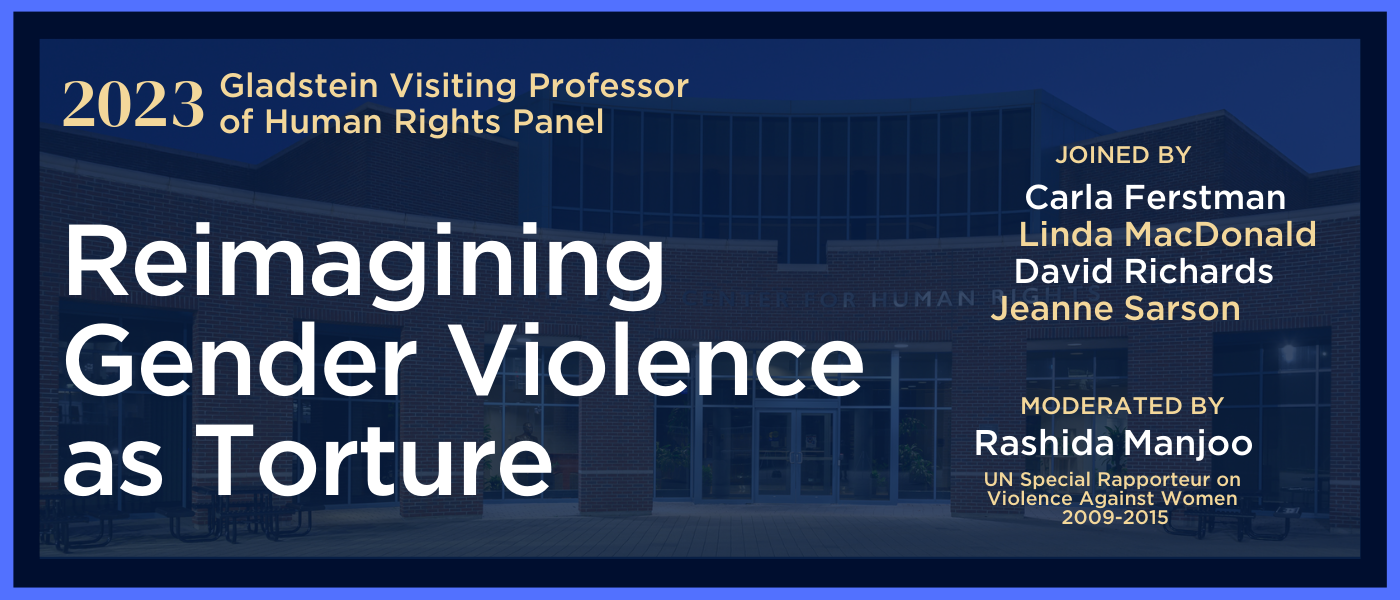
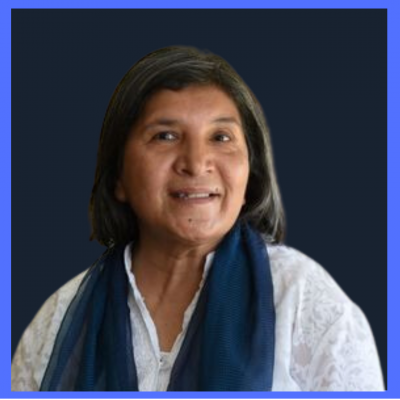
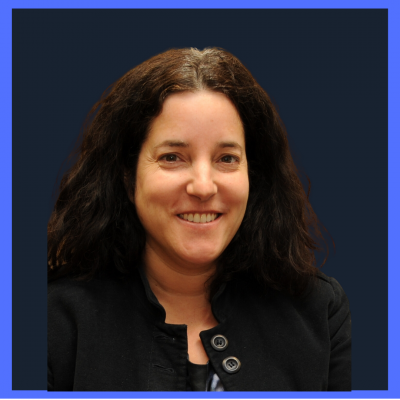
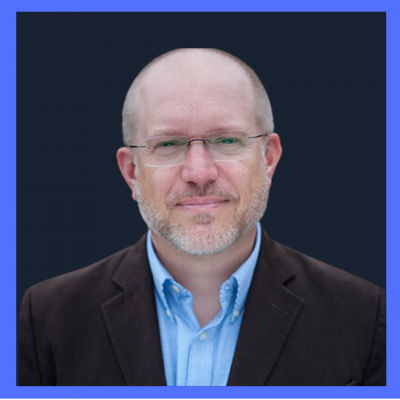
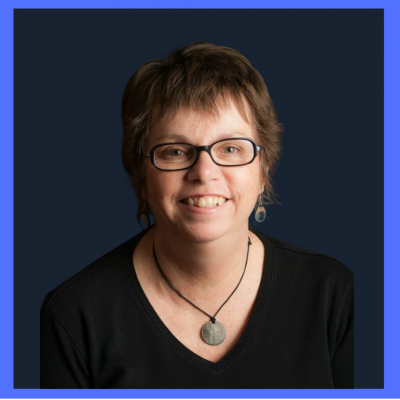
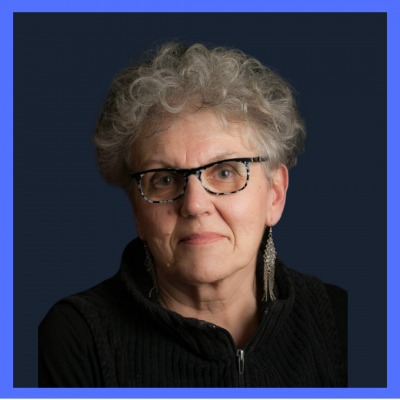
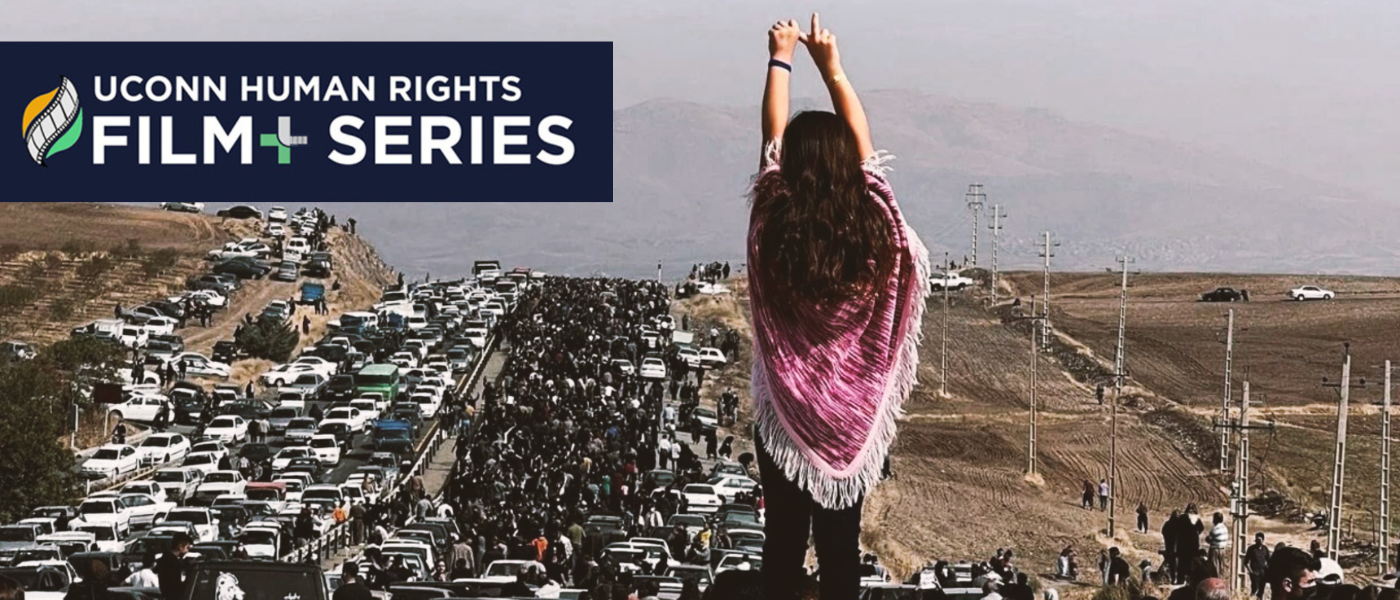
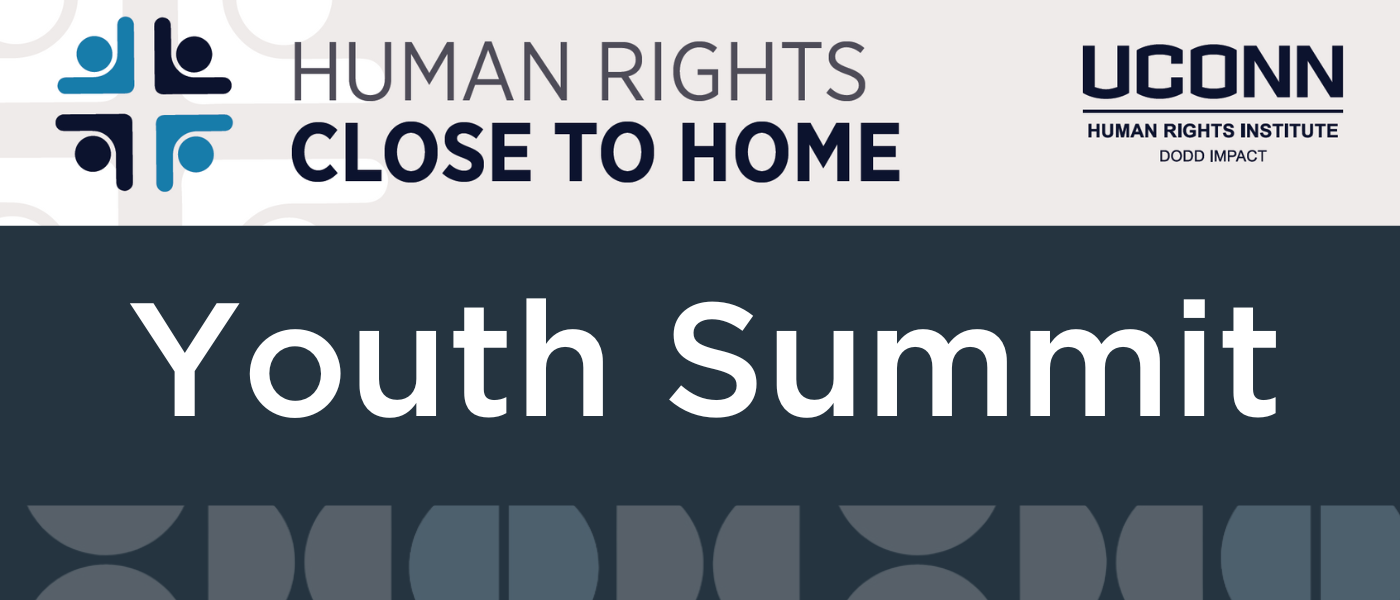



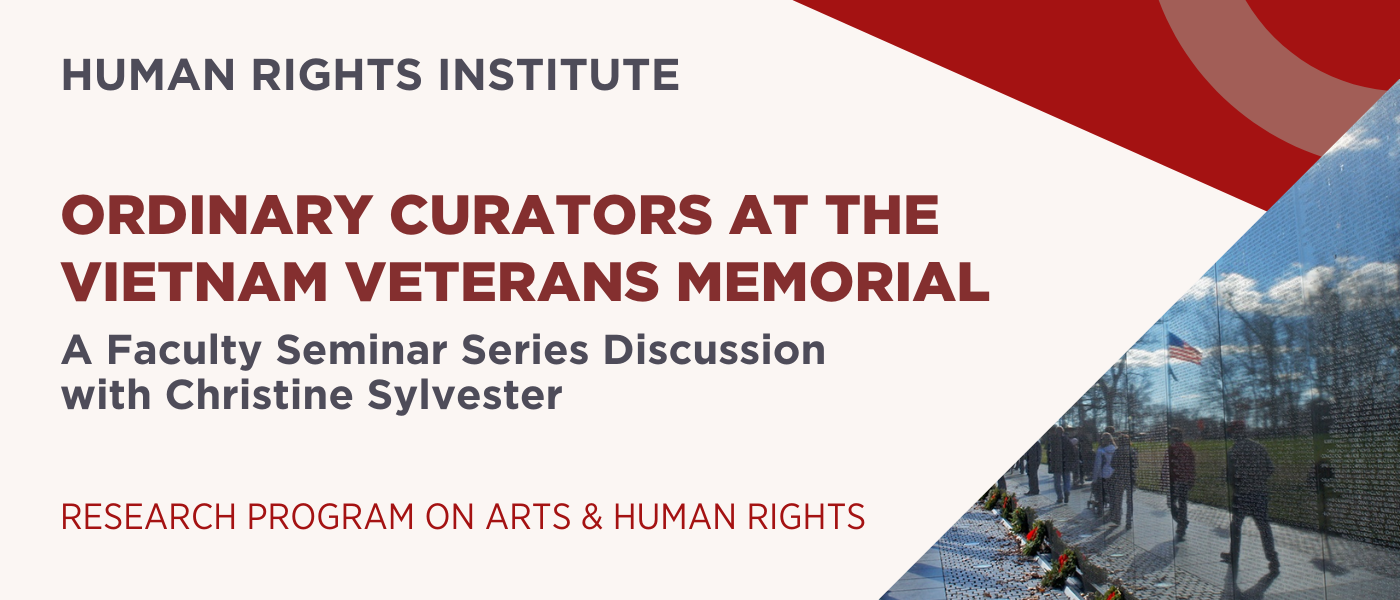
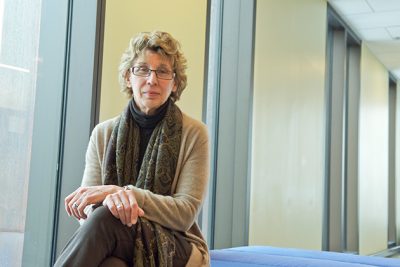
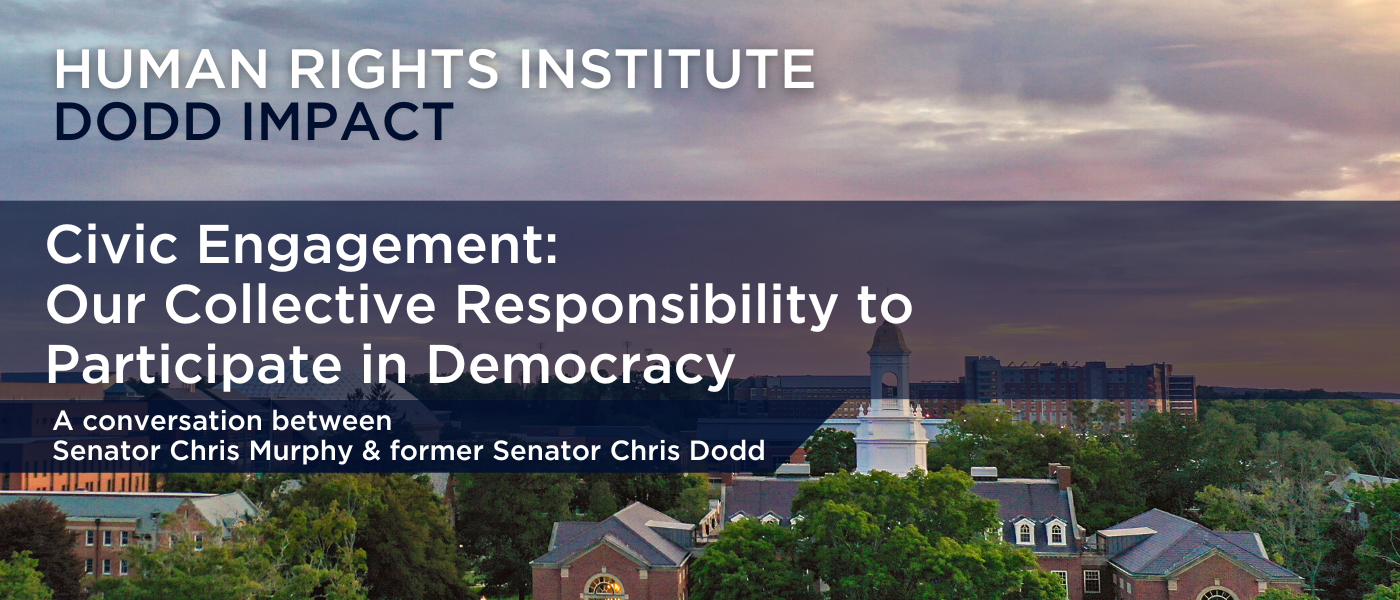
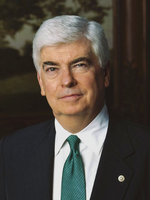
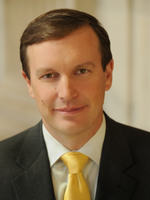
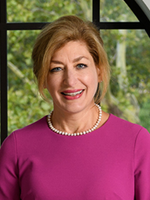
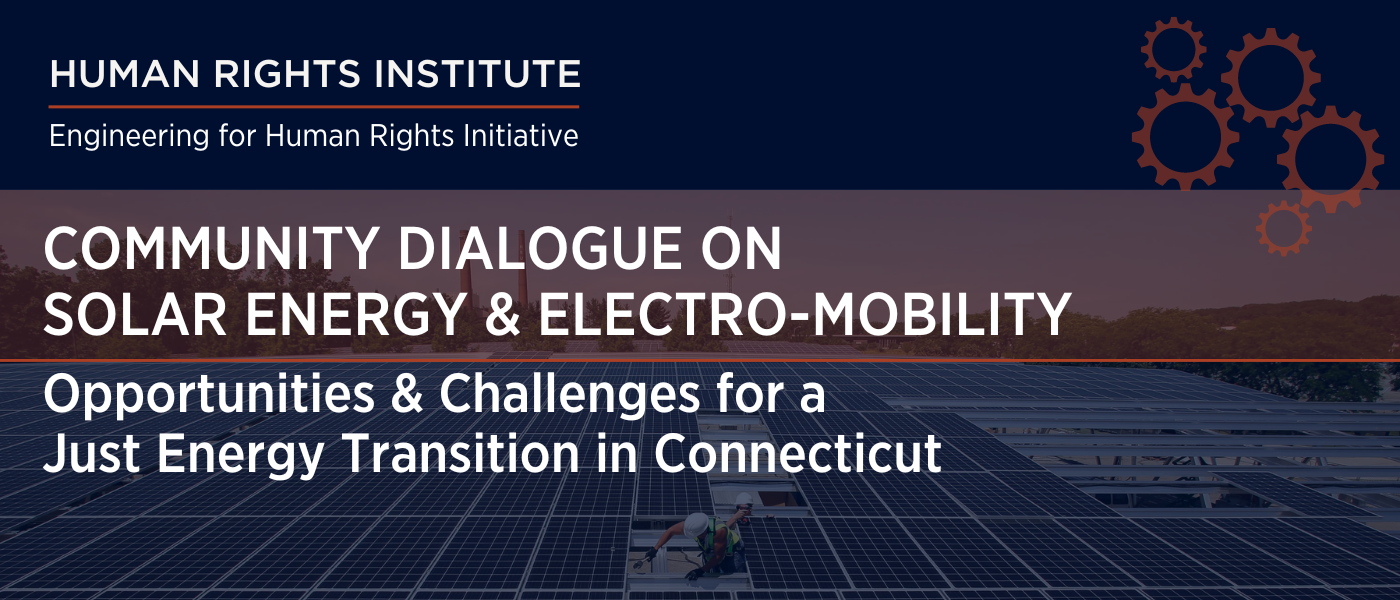
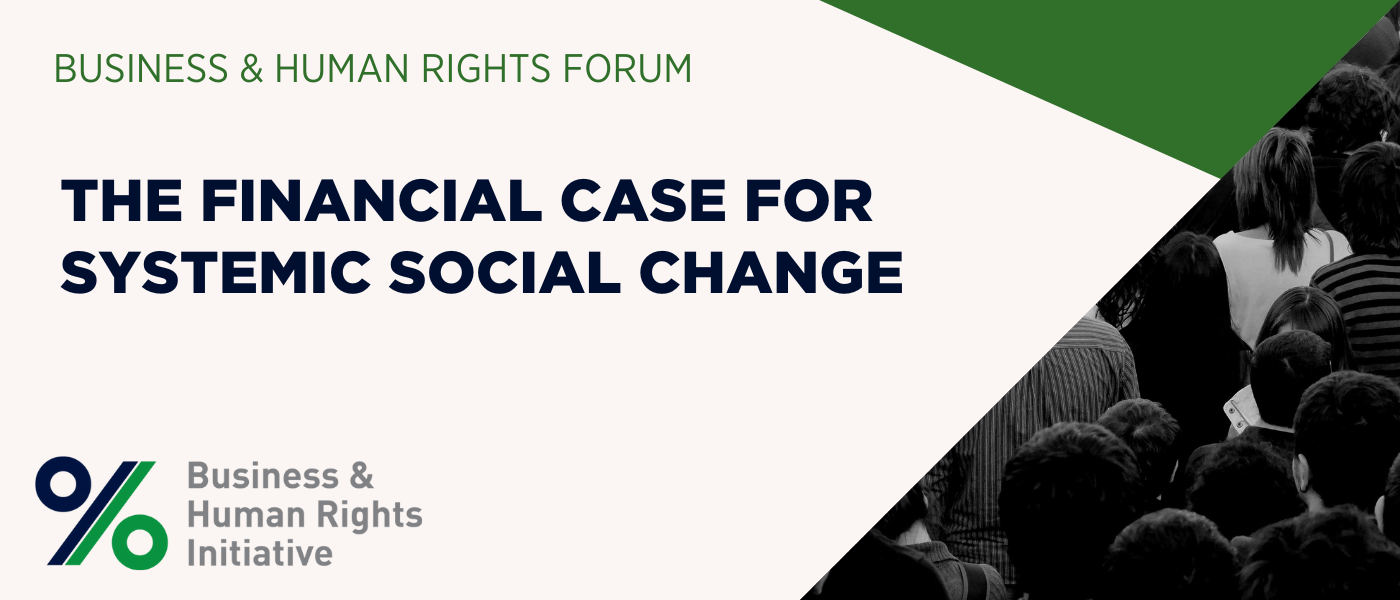
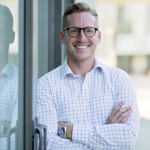

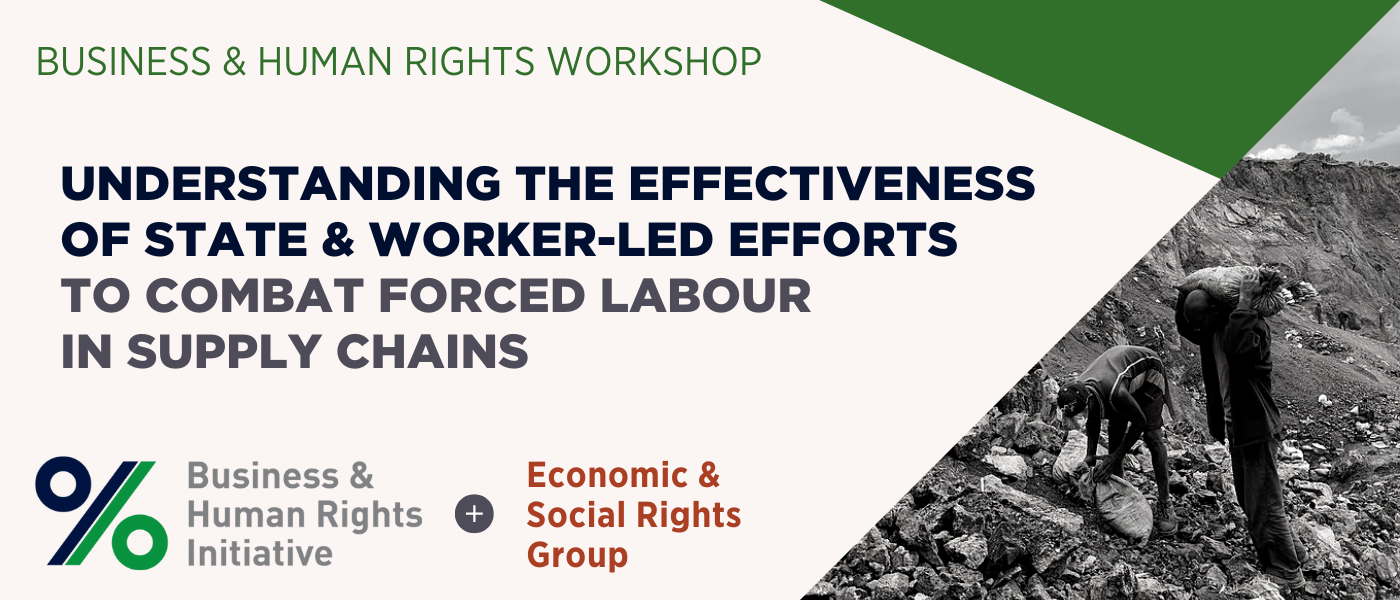
 Presenter:
Presenter: 